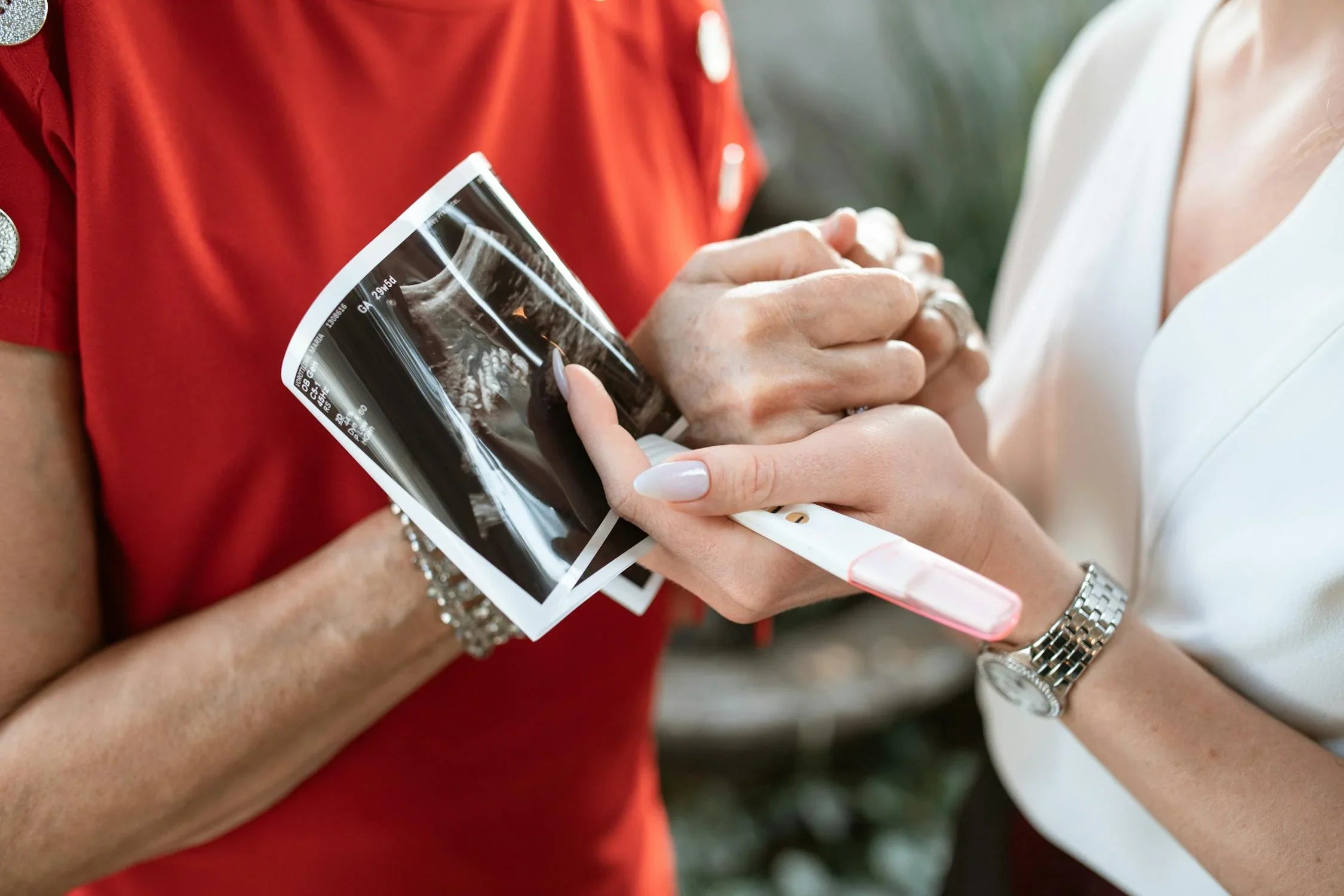Inicio
Pregnancy, Breastfeeding, and Pumping: The Ultimate Guide for Moms
Can You Have a Negative Pregnancy Test at 2 Weeks? What You Need to Know

Can You Have a Negative Pregnancy Test at 2 Weeks? What You Need to Know
When you suspect you might be pregnant, taking a test can feel like a moment of truth. But what happens when the result is negative, especially at just 2 weeks? Understanding the nuances of early pregnancy testing can help you make sense of the situation and decide your next steps.
Understanding the Timeline of Pregnancy
Pregnancy is typically measured from the first day of your last menstrual period (LMP). This means that at 2 weeks, you might not even be pregnant yet, as ovulation usually occurs around the 14th day of a 28-day cycle. If conception has just occurred, it may be too early for a pregnancy test to detect the hormone hCG (human chorionic gonadotropin), which is what these tests look for.
How Pregnancy Tests Work
Pregnancy tests detect the presence of hCG in your urine. This hormone is produced by the cells that will eventually form the placenta. However, hCG levels are very low in the early stages of pregnancy. Most tests are designed to detect hCG levels of 25 mIU/mL or higher, which might not be present at 2 weeks post-conception.
Reasons for a Negative Test at 2 Weeks
There are several reasons why you might get a negative result at 2 weeks:
- Testing Too Early: If you test before implantation has occurred, hCG levels will be too low to detect.
- Incorrect Test Usage: Not following the instructions properly can lead to inaccurate results.
- Diluted Urine: Testing with diluted urine, especially in the afternoon, can affect the concentration of hCG.
- Faulty Test: Although rare, a defective test can also give a false negative.
When to Retest
If you suspect you might be pregnant despite a negative test, it's advisable to wait a few days and retest. hCG levels double every 48 to 72 hours in early pregnancy, so waiting can increase the accuracy of the test. If you still get a negative result but experience pregnancy symptoms, consult a healthcare provider for further evaluation.
Other Early Signs of Pregnancy
While a pregnancy test is the most definitive way to confirm pregnancy, there are other early signs to look out for:
- Missed Period: This is often the first sign that prompts women to take a pregnancy test.
- Breast Tenderness: Hormonal changes can make your breasts feel sore or swollen.
- Fatigue: Increased progesterone levels can make you feel unusually tired.
- Nausea: Morning sickness can start as early as 2 weeks after conception.
What to Do Next
If you're trying to conceive, a negative test at 2 weeks can be disappointing, but it's not necessarily the end of the road. Keep track of your menstrual cycle, note any symptoms, and consider retesting in a few days. If you're not trying to conceive but are concerned about a possible pregnancy, consult a healthcare provider for advice and support.
Understanding the complexities of early pregnancy testing can help you navigate this uncertain time with more confidence. Whether you're hoping for a positive result or not, knowing when and how to test can make all the difference.
Compartir


